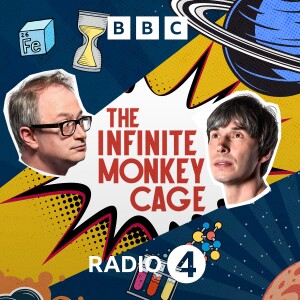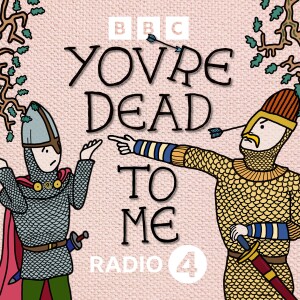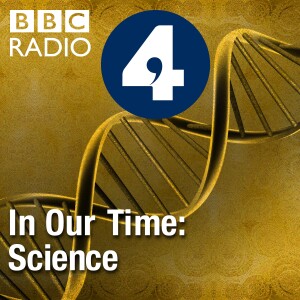Melvyn Bragg and guests discuss the Observatory in Jaipur with its vast and beautiful instruments built to make astronomical measurements of the stars. Commissioned in the early 18th century by the...
Melvyn Bragg and guests discuss the Observatory in Jaipur with its vast and beautiful instruments built to make astronomical measurements of the stars. Commissioned in the early 18th century by the Rajput prince and child prodigy, Jai Singh, it was at the centre of attempts to marry hundreds of years of Indian and Persian astronomical tradition. The Observatory was also at the very centre of the city which was laid out according to astrological principles. Jai Singh’s observatory was the cutting edge of Indian astronomy but also a repository for aeons of Hindu and Islamic intellectual life. The instruments were extraordinarily accurate for the time but used no lenses and were built of masonry, not metal. They helped to develop astrological tables, immensely important in Hindu Society, and come down to us as a record of Indian astronomy on the cusp of colonialism. With Chandrika Kaul, Lecturer in Modern History at the University of St Andrews; David Arnold, Professor of Asian and Global History at the University of Warwick; Chris Minkowski, Professor in Sanskrit at the University of Oxford
view more
Create your
podcast in
minutes
- Full-featured podcast site
- Unlimited storage and bandwidth
- Comprehensive podcast stats
- Distribute to Apple Podcasts, Spotify, and more
- Make money with your podcast
It is Free
You may also like

Global News Podcast


The Infinite Monkey Cage


Friday Night Comedy from BBC Radio 4


You’re Dead to Me


Elis James and John Robins

- Privacy Policy
- Cookie Policy
- Terms of Use
- Consent Preferences
- Copyright © 2015-2024 Podbean.com



 iOS
iOS Android
Android
